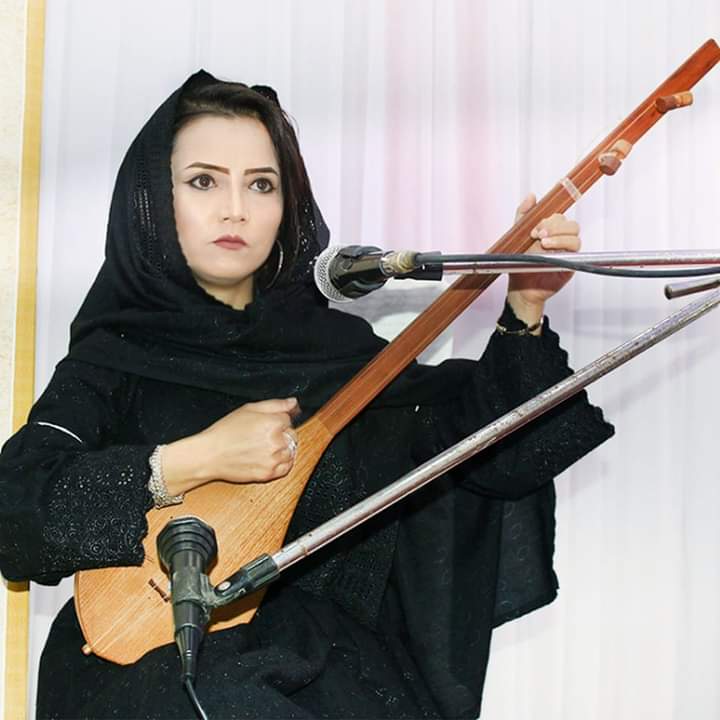 Interviewer: Adela Azin
Interviewer: Adela Azin
Translated by: Mohammad Sakhi Rezaie
Mhbubah Haidari, a leading singer and Dambura player, has produced more than 50 art works, which most of them are in Hazara dialects. She studied acting in Kabul University and studied singing and playing dambura for two years in Agha Khan Foundation. Haidari fled to Iran after the collapse of the elected government of Afghanistan and is living in Iran there now.
Azin: What major feature you remember from your childhood about singing?
Haidari: I liked reciting Quran and singing nawha (religious sad song) when I was a child. When I was a child I attended home school and in addition to studying my lessons and I took part in singing groups; we sang “Duie”, “Bulbi” and Hazaragi ghazal and I really enjoyed them a lot.
Azin: How could you form an art group and what were your major achievements?
Haidri:I had a formed an art group named “Shamama” supported by Wahid Qasemi. It included Hazara girls and we had named it after one of the Buddha statues with a female nature, in Bamyan. Shamma has a profound historical value. Our first song produced in Barbod Studio was “Duei Bulbi” and was broadcasted by Tolo TV. Dawood Sarkhosh had already sang it originally and was named “Oh God! You may had given us wings and feathers” and we reproduced it and performed it in two ceremonies, we first performed it in Nawruz celebration and the second time At Chaman Hozori at the final ceremony of Afghanistan Football Champions league, during the Republic era after 8 years and it was the first and last Hazara song by Hazara singers performed there. Shamam was invited for the final announcement of the 12th round of Afghan Star program as a honorary guest and we performed the “Mother song” on International Women’s Day. They we performed “marriage proposal song and Hazaragi sorrow or Makhta” on Afghan national TV during the music festival. We also participated in Bamuyan Dambura Festival.
Azin: How was your life before the collapse of the elected government?
Haidri: After I was graduated from Kabul University, I studied singing and playing Dambura in Agha Khan Cultural Foundation for 2 years and was graduated. Then I was introduced as a singer and Dambur player to Afghanistan Music Production Directorate and joined Hazara music production unit. My first song was “My Beloved” and was aired live on Afghanistan National TV. Soon the elected government collapsed and the Taliban seized power in Afghanistan.
Azin: What is your definition of life with art?
Haidri: Arts is part of the life of each individual; it means arts play a role in our life directly or indirectly. However, as in our society a number of people had emerged as armature, they had portrayed a week and degusting picture of arts and as a result the people did not have a positive image of art. When I started working as a woman artist it was a taboo in the society and nearly no girl could dare to work as an artist. As a result, I experienced the toughest situation in order to pave the way for other women to join enter to this domain. Thus, after formation of Shmama, other girls’ art groups were formed in the country.
Life is beautiful; though it is full of hardships. Because it has been a struggle rewarding success to me. In other words; living with arts is fantastic. But it is very challenging in a traditional society like Afghanistan. When we performed TVs or we had concerts, they also were broadcasted on social media and as most Afghans do not have a proper culture to use social media, the usually insulted as.
Azin: What did you experience under the Taliban rule?
Haidari: I lost membership to Afghanistan Directorate of Music; a status I had fought for several years to achieve it as a representative of Hazara woman. When I was in Afghanistan, I lived in secret and I usually changed my residential place fearing the Taliban may detain me. I also faced mounting economic problems as I had lost my job.
A: What could happen if you had remained in Afghanistan?
Haidari: I was informed my name was on the list of Afghan Rights activists girls and Taliban searched to arrest me. As a result, I was frightened and could not sleep during the nights and feared my family and husband maybe harmed for me. It was very dangerous for me to remain in Afghanistan due to art activities and revolutionary songs I has san to awaken the people on their rights.
Azin: What you lost after the Taliban resurgence?
Haidari: Unfortunately, I lost art programs, art and media projects and all plans I had for Hazara culture and community.
Azin: What could happen if democratic government did not collapse?
Haidari: Hazara women artists and music had recently achieved a good status in Afghanistan. Arts and music was not considered as a crime for Hazara women. For example, Abe Mirza was oppressed as a woman singer in the past. But I grew in Afghanistan without coming form other country and could achieve a high status as the first Hazara woman singer in short period. I started my career from and dared to step in the art profession. I experienced what Abe Mirxa did, but did not surrender to the enemies of art. I passed my childhood being insulted. Those who insulted me when I just started working as a singer, after 10 or 11 years, they finally respected me. Because I could provide the true meaning of the arts to them and could pave the way for other Hazara women to start working as a women artist. In the past, as playing Dambura, was considered a negative profession, no girl could dare to play it but I performed my first son with playing Dambura on social media. After some years, some other Hazara girls appeared on social media playing Dambura.
Azin:How did find migration?
It is clear that living as a refugee is the most difficult life. However, I left Afghanistan to save life, dreams and to work for my people and I my future is unknown now.
Azin: What do you envision for the future of Art in Afghanistan?
Haidari: If the current situation continues, arts may vanish in Afghanistan. There is no hope for arts and artists in the current situation of the country.


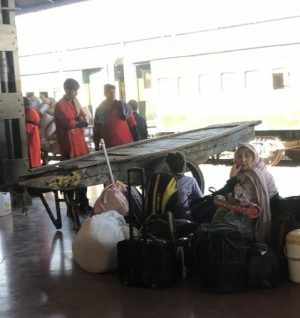
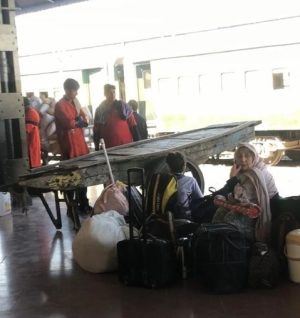
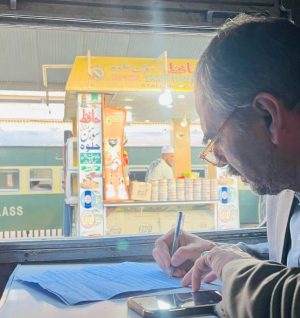
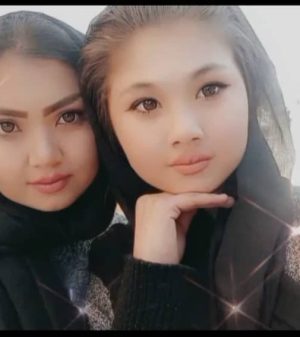
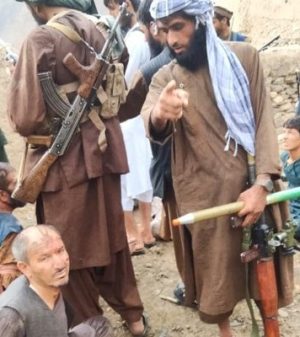
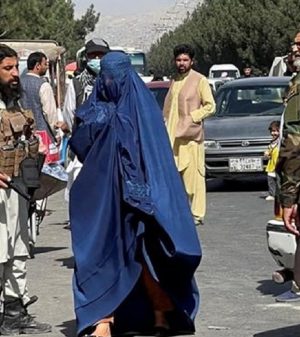
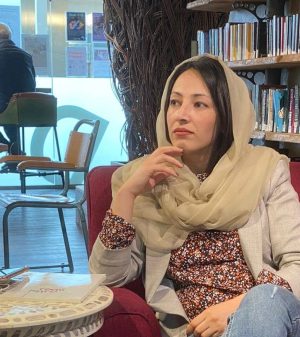
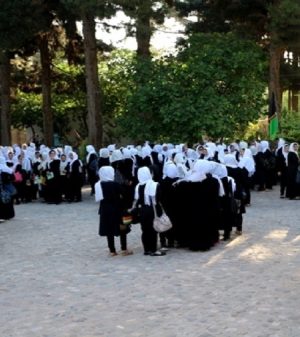
Add Comment